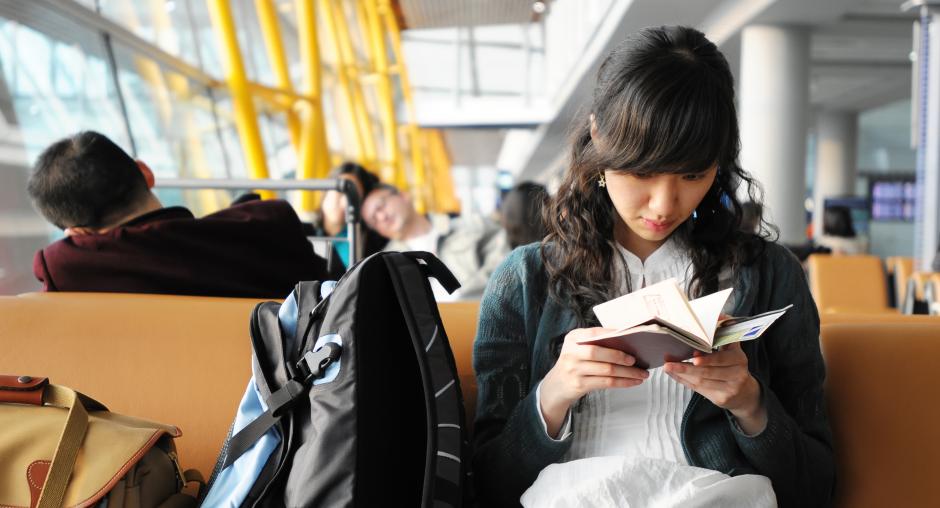Gender and right to freedom of movement focus of ODIHR expert meeting

Practitioners and experts from OSCE field operations, civil society and international organizations discussed gender-specific challenges to the enjoyment of the right to freedom of movement in the OSCE area during an expert meeting in Warsaw on 30 May 2019. The meeting was organized by the OSCE Office for Democratic Institutions and Human Rights (ODIHR).
The aim of the event was to examine these challenges and to recommend areas where ODIHR can support participating States in developing gender-sensitive policies to facilitate freedom of movement in the OSCE area.
The right to freedom of movement is well-entrenched in international human rights law. It includes freedom of movement and residence within the borders of each state, the right to leave any country and the right to return to one’s country. OSCE commitments to enhance freedom of movement and human contacts date back to the Helsinki Final Act of 1975. These commitments include the facilitation of travel for personal and professional reasons, including family reunification, and access to educational and employment opportunities. Participants brought to the discussion examples of best practices that participating States can apply to make their policies in this area more gender-sensitive.
“Freedom of movement, like all human rights, is a right that should be enjoyed equally, regardless of gender,” said Meaghan Fitzgerald, Deputy Head of ODIHR’s Democratization Department. “It is only by identifying where inequalities may exist in the OSCE region that legislation, policies and behaviours can be changed.”
Participants discussed the need for gender-sensitive policies to ensure equal access to civil registration and identification documents, equal access to visas and to asylum procedures, gender-sensitive policies to end statelessness and to facilitate the freedom of movement of displaced persons and in conflict situations.
“Possessing safe and secure identification documents is a prerequisite to moving freely in today’s world,” said Irina Dincu, Senior Programme Specialist at the International Development Research Centre. “Women in many parts of the world encounter serious barriers in obtaining these documents, which has an impact not only on their right to freedom of movement, but also on accessing basic services, such as health care, education, pensions, as well as inheriting property. This must change.”
A full report of the meeting and its recommendations will be published on ODIHR’s website.
